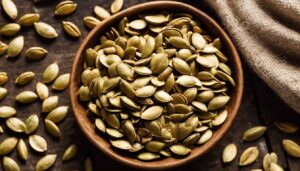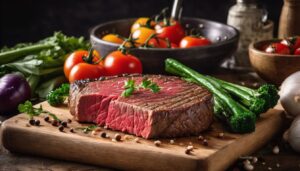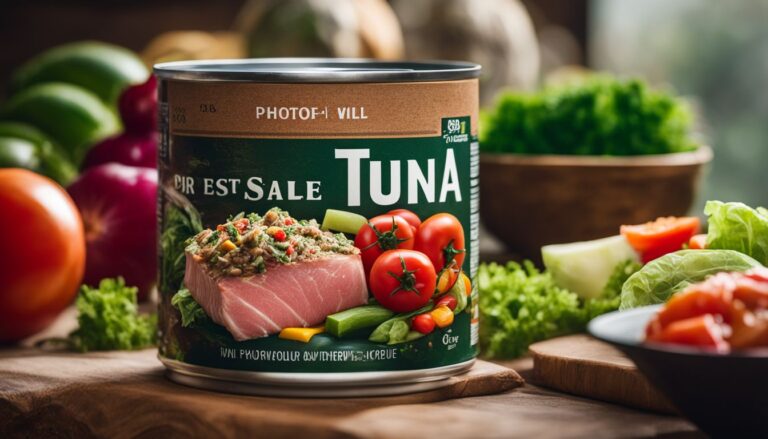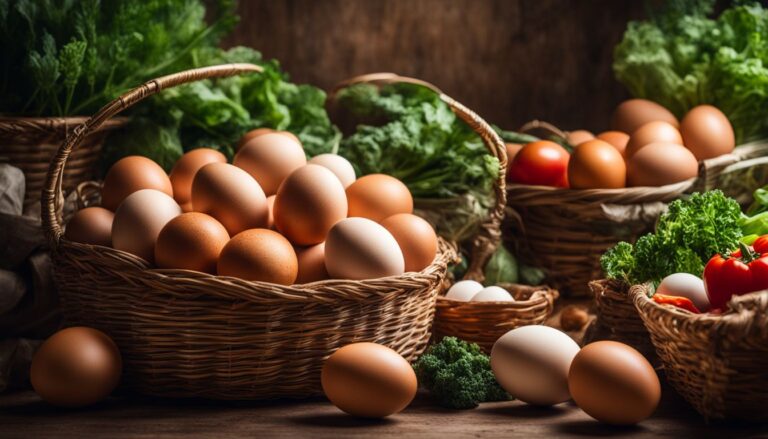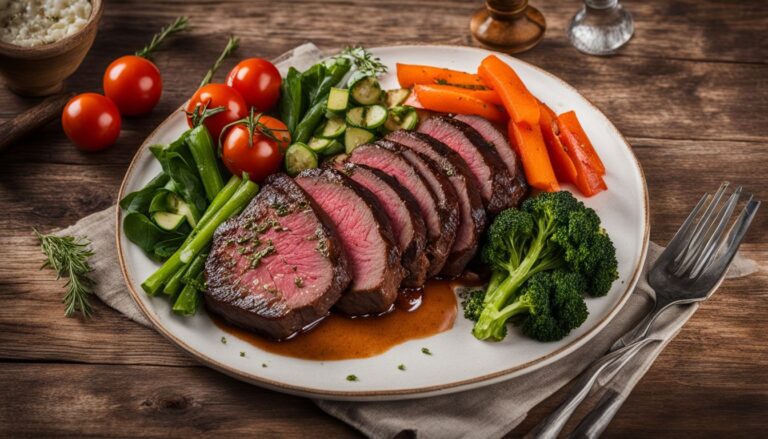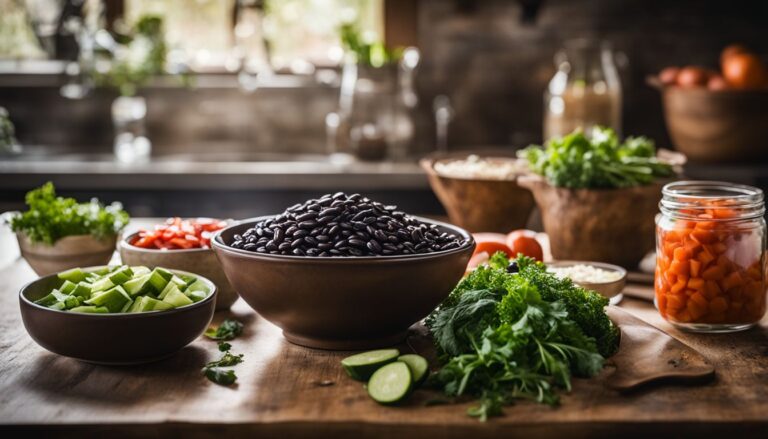Is Cottage Cheese A Good Source Of Protein? The Benefits And Nutritional Value Explained
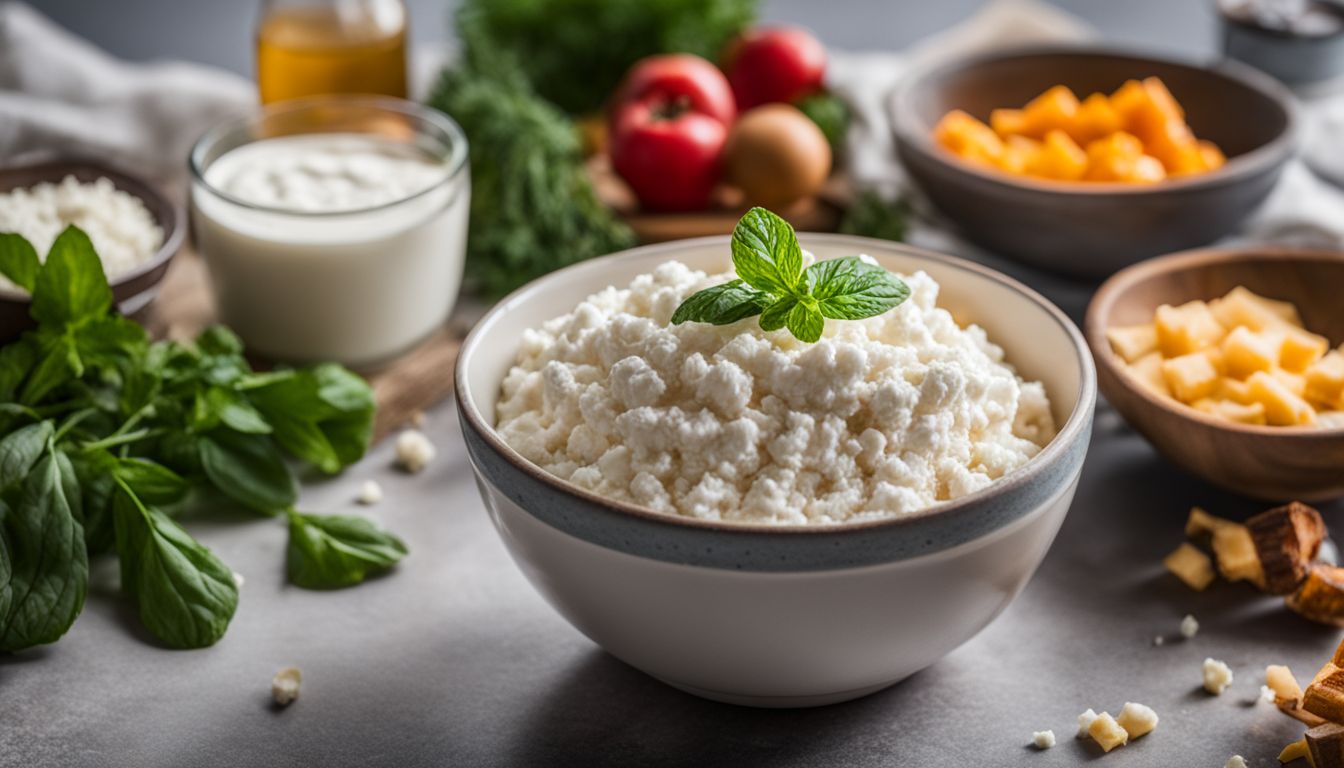
Are you looking for a nutritious and protein-packed food option? Look no further than cottage cheese! With its creamy texture and versatile nature, cottage cheese is not only delicious but also a great source of protein. In fact, did you know that just one serving of cottage cheese contains 14 grams of protein? If you’re curious about the benefits and nutritional value of cottage cheese, keep reading to learn more. Get ready to discover why adding this tasty treat to your diet can be a game-changer for your health!
Key Takeaways
- Cottage cheese is a great source of protein, with 14 grams per serving.
- It is low in calories, making it a good option for weight loss efforts.
- Cottage cheese promotes muscle growth and supports bone health due to its high protein and calcium content.
- However, individuals with lactose intolerance or dairy allergies should be cautious when consuming cottage cheese.
Explanation of topic

Cottage cheese serves as a substantial source of protein, boasting 14 grams per serving. This low-calorie food has only 81 calories in each portion, making it quite beneficial for those conscious about their dietary intake.
Packed with crucial nutrients such as vitamin B12 and calcium, cottage cheese plays a significant role in maintaining bone health. Despite being low fat and carbohydrates, it’s surprisingly high in terms of selenium content, certain B vitamins, and phosphorus levels.
Although hailed for its potential benefits for skin health by some experts, its versatility is what makes it popular among many – enjoyed on its own or used in various dishes creatively.
However, the sodium content could be potentially concerning for those with specific dietary restrictions; hence moderate consumption is advisable.
Overview of Cottage Cheese
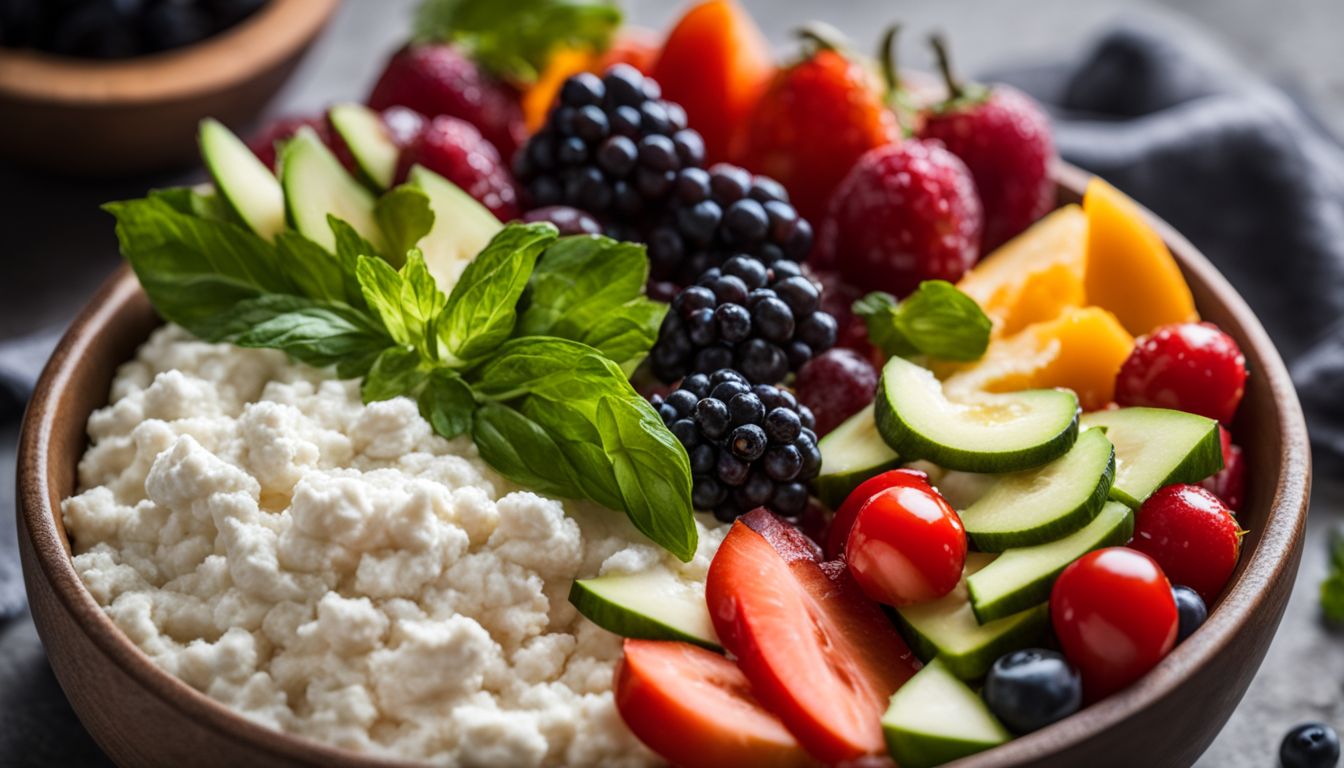
Cottage cheese is a creamy, curdled dairy product that is made from the separation of milk solids and whey. It is known for its slightly tangy flavor and lumpy texture.
What is cottage cheese?
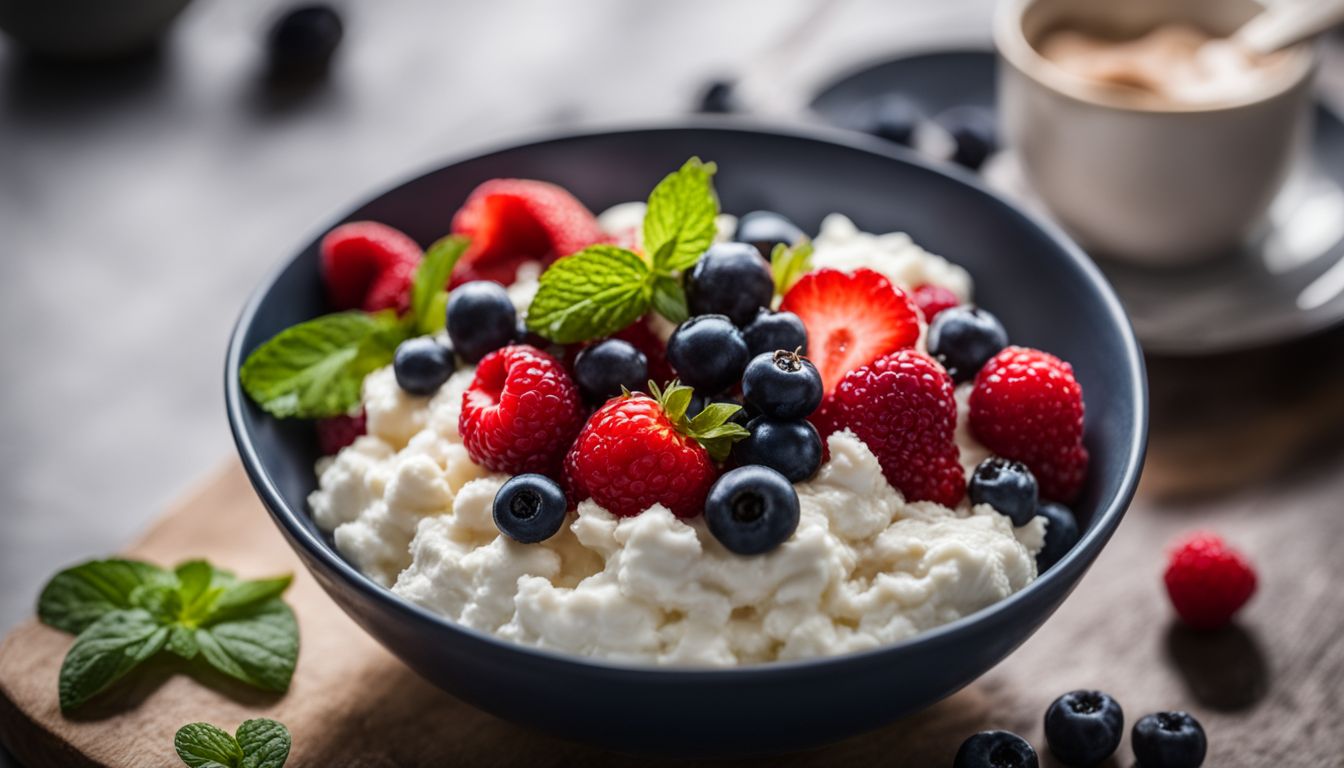
Cottage cheese earns its name from the simple, ‘cottages’ where it was usually made in the early days. The production process involves the curdling of cow’s milk. This leads to formation of curds with a mild flavor and chunks that are distinctive to cottage cheese.
It stands out as a rich, highly beneficial source of protein.
Filled with nutrients such as vitamin B12 and calcium, one serving offers 14 grams of protein at just 81 calories! Not only does this make cottage cheese excellent for weight loss efforts but also ideal for muscle growth due to its high protein content.
Moreover, it supports bone health owing to a high amount of calcium present in it. However, caution is advised for individuals under sodium restrictions as cottage cheese can sometimes be high on sodium content.
Nutrition information

Cottage cheese is packed with a variety of nutrients which make it a wholesome addition to your diet. Below is a detailed breakdown of its nutritional profile.
| Nutrient | Amount per Serving |
|---|---|
| Calories | 81 |
| Protein | 14 grams |
| Fat | 1 gram |
| Carbohydrates | 3 grams |
| Vitamin B12 | 0.52 micrograms |
| Calcium | 125 milligrams |
| Selenium | 8.36 micrograms |
| Sodium | 315 milligrams |
| Phosphorus | 120 milligrams |
Please note that the nutritional value of cottage cheese might vary based on the brand or manufacturing process. Despite the variability, it’s evident that cottage cheese is a low calorie food that’s high in protein and rich in several essential nutrients. However, it’s important to keep an eye on the sodium content, especially if you’re on a sodium-restricted diet.
Benefits of Cottage Cheese

Cottage cheese is high in protein, promoting muscle growth and aiding in weight loss.
High in protein

Cottage cheese significantly contributes to your daily protein intake with its robust content. Each serving provides a solid 14 grams of this vital nutrient, making cottage cheese a fantastic source of protein.
The high protein content helps in muscle growth and weight loss endeavors. Not only does this satisfy the stomach for longer periods, but it also fuels and repairs muscles after heavy workouts.
So if you’re looking for an excellent protein source that’s low in calories but high in taste, look no further than cottage cheese!
Promotes muscle growth

Cottage cheese promotes muscle growth due to its high protein content. Each serving of cottage cheese contains 14 grams of protein, which is essential for repairing and building muscles.
Protein is made up of amino acids, which are the building blocks of muscles. Consuming enough protein through foods like cottage cheese can help support muscle growth and repair after exercise or physical activity.
Additionally, cottage cheese is a complete source of protein, meaning it contains all nine essential amino acids that our bodies cannot produce on their own. This makes it an excellent choice for those looking to increase their muscle mass and strength.
Aids in weight loss

Cottage cheese aids in weight loss due to its high protein content and low calorie count. With 14 grams of protein per serving, cottage cheese helps keep you feeling full and satisfied for longer periods of time, reducing the likelihood of overeating or snacking on unhealthy foods.
Additionally, with only 81 calories per serving, cottage cheese is a great option for those looking to shed pounds without sacrificing taste or nutrition. Its low fat content further contributes to its weight loss benefits.
So if you’re trying to slim down, incorporating cottage cheese into your diet can be a smart choice.
Promotes bone health
Cottage cheese promotes bone health due to its high calcium content. Calcium is essential for maintaining strong and healthy bones, and cottage cheese provides a good source of this important mineral.
Consuming cottage cheese regularly can help support bone density and prevent conditions like osteoporosis. Adding cottage cheese to your diet is a simple and tasty way to ensure you’re getting the calcium your bones need to stay strong.
Low in calories

Cottage cheese is not only a good source of protein, but it is also low in calories. With just 81 calories per serving, it can be an excellent option for those looking to maintain or lose weight.
Despite its low calorie content, cottage cheese still provides a satisfying and filling meal due to its high protein content. So if you’re watching your calorie intake while trying to meet your protein needs, cottage cheese can be a nutritious and delicious choice for you.
Risks of Cottage Cheese

Cottage cheese can pose risks for individuals with lactose intolerance, a dairy allergy, or those who need to watch their sodium intake.
Lactose intolerance

Lactose intolerance is a common condition where the body has difficulty digesting lactose, the sugar found in milk and dairy products. It occurs when there is a deficiency of an enzyme called lactase, which is responsible for breaking down lactose.
As a result, consuming foods like cottage cheese that contain lactose can lead to symptoms such as bloating, gas, diarrhea, and abdominal pain in individuals with lactose intolerance.
However, it’s worth noting that some people with lactose intolerance may still be able to tolerate small amounts of dairy or choose lactose-free cottage cheese options available in the market.
Dairy allergy

People with a dairy allergy should be cautious when consuming cottage cheese. A dairy allergy is an immune response to the proteins found in milk, including casein and whey, which are also present in cottage cheese.
Symptoms of a dairy allergy can include hives, stomach cramps, vomiting, and difficulty breathing. It’s important for individuals with a dairy allergy to avoid cottage cheese and other dairy products to prevent allergic reactions.
Instead, they can explore non-dairy alternatives such as nut milks or soy-based products that provide similar nutritional benefits without the risk of triggering an allergic reaction.
Sodium content

Cottage cheese can be a healthy addition to your diet, but it’s important to watch out for the sodium content. While cottage cheese is packed with protein and other nutrients, it can also be high in sodium.
Consuming too much sodium can increase the risk of high blood pressure and other health issues. So if you have concerns about your sodium intake or are on a low-sodium diet, it’s best to enjoy cottage cheese in moderation.
How to Incorporate Cottage Cheese into Your Diet
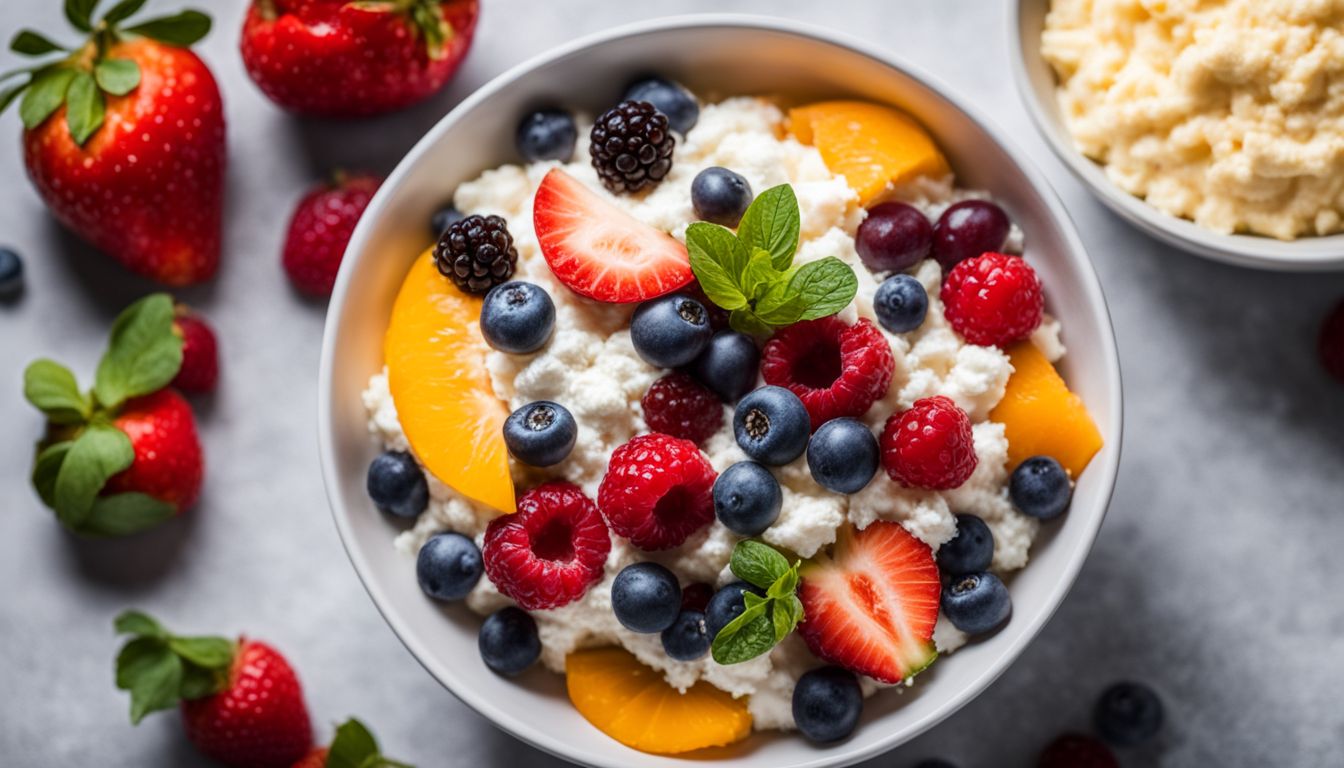
There are many delicious ways to incorporate cottage cheese into your diet. From adding it to smoothies, salads, or even baking with it, the possibilities are endless! Check out our DIY cottage cheese recipe and get creative with this protein-packed ingredient.
Ideas for including cottage cheese in meals
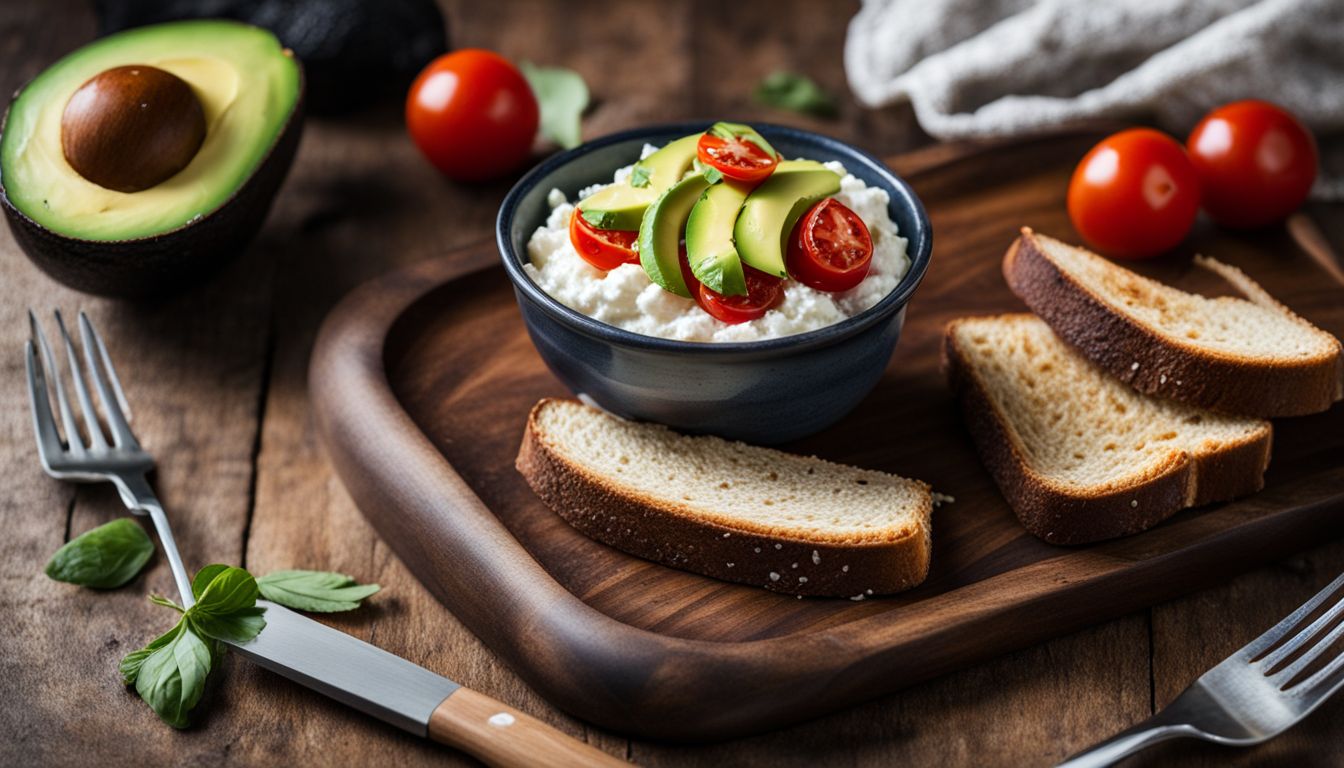
Cottage cheese is a versatile food that can be enjoyed in many different ways. Here are some ideas for including cottage cheese in your meals:
- Spread it on whole grain toast and top with sliced avocado and cherry tomatoes.
- Mix it with fresh herbs and use it as a dip for raw vegetables.
- Add cottage cheese to your smoothies for an extra protein boost.
- Use it as a topping for baked potatoes or sweet potatoes instead of sour cream.
- Make a healthy, protein – packed salad by tossing cottage cheese with mixed greens, cherry tomatoes, cucumbers, and your favorite dressing.
- Layer cottage cheese, granola, and berries in a mason jar for a delicious and filling breakfast on-the-go.
- Use cottage cheese as a filling for omelettes or scrambled eggs.
- Make a creamy pasta sauce by blending cottage cheese with garlic, lemon juice, and fresh herbs.
- Top pancakes or waffles with cottage cheese instead of syrup for a savory twist.
- Incorporate cottage cheese into your baking recipes by using it as a substitute for oil or butter.
DIY cottage cheese recipe
Make your own delicious cottage cheese at home with this simple recipe:
- Pour 1 gallon of milk into a large pot and heat it over medium heat until it reaches 120°F.
- Remove the pot from heat and stir in 1/4 cup of white vinegar or lemon juice.
- Let the mixture sit for about 10 minutes to allow the curds to form.
- Line a colander with cheesecloth and place it over a large bowl.
- Gently pour the curds into the cheesecloth – lined colander, allowing the whey to drain off.
- Tie up the corners of the cheesecloth and hang it somewhere cool for about 2 hours to further drain the whey.
- Once drained, transfer the cottage cheese to a container and refrigerate until ready to use.
Conclusion
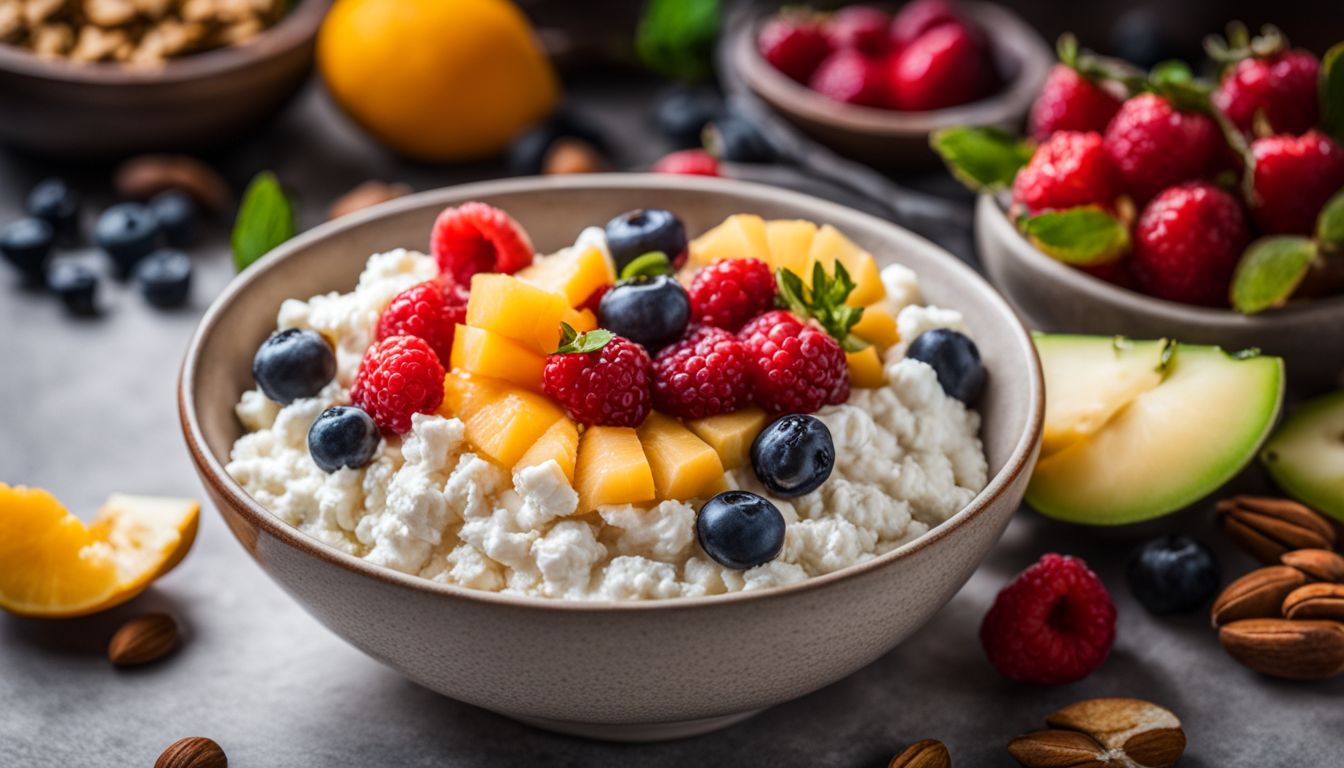
Cottage cheese is indeed a good source of protein, with 14 grams per serving. It also offers other nutritional benefits like vitamin B12 and calcium. With its low calorie content and high protein value, cottage cheese can be a valuable addition to a healthy diet.
So go ahead and enjoy this versatile food for its delicious taste and nutritious properties!
FAQs
1. Is cottage cheese a good source of protein?
Absolutely! Cottage cheese is not just a good source of protein, but it’s also an excellent choice for healthy eating due to its nutritional value.
2. How well does cottage cheese serve as a main protein source?
Cottage cheese can easily function as your main protein source with its high content. It could fit quite well into your dietary plan.
3. Can low-fat cottage cheese be a reliable source of protein?
Yes, even the low-fat version provides you with substantial levels of this essential nutrient making it both a healthy and good protein source.
4. Does cottage cheese contain casein protein?
Indeed! Cottage Cheese isn’t just loaded with basic proteins; it contains significant amounts of casein Protein which aids muscle recovery when consumed.
5. For people looking for complete sources of proteins, is cottage cheese recommended?
Certainly! Asides from being packed full of vital nutrients, Cottage Cheese includes all nine essential amino acids hence qualifying as a complete Protein Source.
Sources referenced in this article
- https://www.healthline.com/nutrition/cottage-cheese-is-super-healthy
- https://www.webmd.com/diet/health-benefits-cottage-cheese
- https://health.clevelandclinic.org/cottage-cheese-benefits/
- https://www.medicalnewstoday.com/articles/318400
- https://www.health.com/cottage-cheese-7508035
- https://www.verywellfit.com/cottage-cheese-nutrition-facts-calories-and-health-benefits-4109409
- https://www.hsph.harvard.edu/news/hsph-in-the-news/is-cottage-cheese-healthy/

Author
Years ago, the spark of my life’s passion ignited in my mind the moment I stepped into the local gym for the first time. The inaugural bead of perspiration, the initial endeavor, the very first surge of endorphins, and a sense of pride that washed over me post-workout marked the beginning of my deep-seated interest in strength sports, fitness, and sports nutrition. This very curiosity blossomed rapidly into a profound fascination, propelling me to earn a Master’s degree in Physical Education from the Academy of Physical Education in Krakow, followed by a Sports Manager diploma from the Jagiellonian University. My journey of growth led me to gain more specialized qualifications, such as being a certified personal trainer with a focus on sports dietetics, a lifeguard, and an instructor for wellness and corrective gymnastics. Theoretical knowledge paired seamlessly with practical experience, reinforcing my belief that the transformation of individuals under my guidance was also a reflection of my personal growth. This belief holds true even today. Each day, I strive to push the boundaries and explore new realms. These realms gently elevate me to greater heights. The unique combination of passion for my field and the continuous quest for growth fuels my drive to break new ground.

